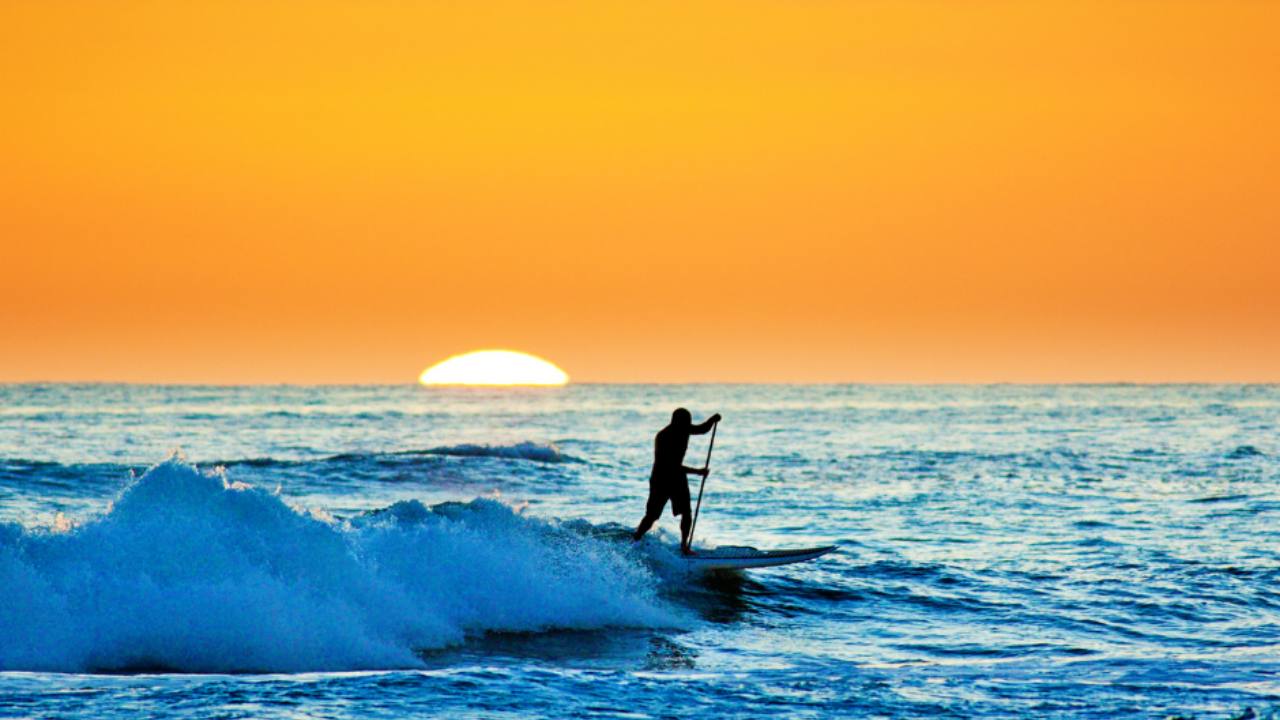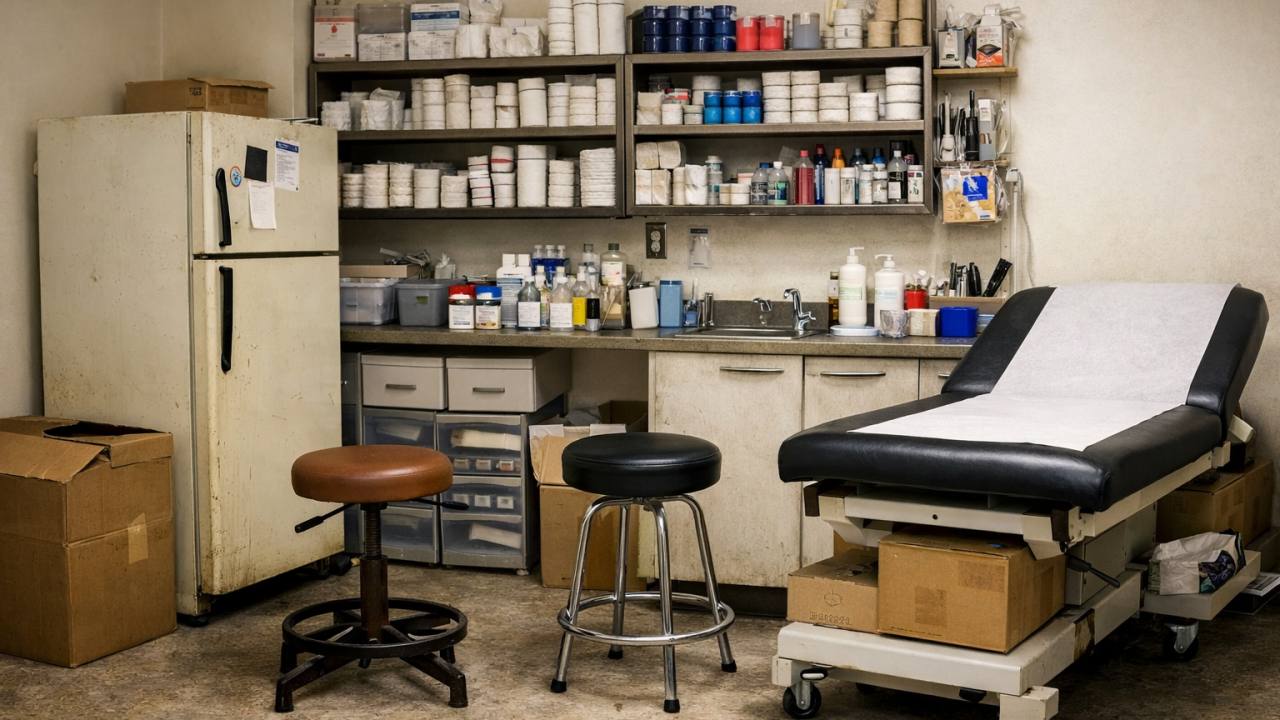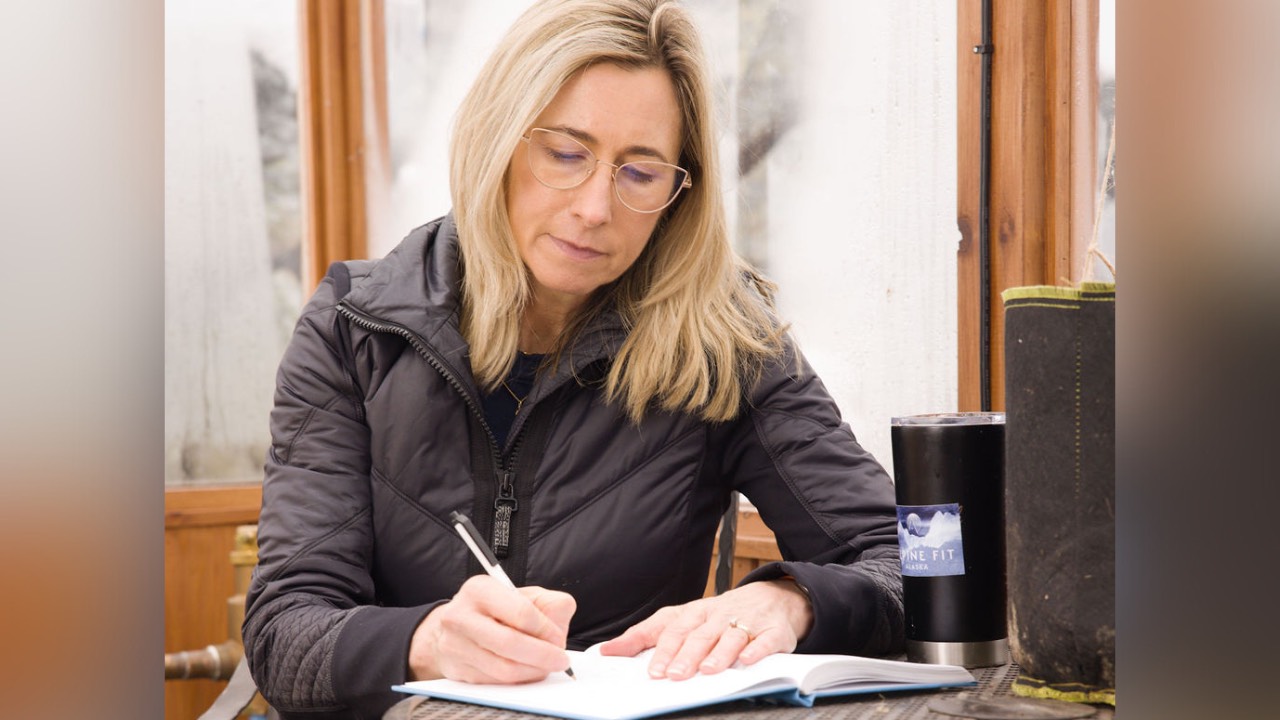Two Travelers and A Mountain: Tale and Reflection
Two explorers set out on a journey to find a hidden village high in the mountains. Both were experienced travelers, used to well-marked paths, sturdy bridges, and reliable guides.
They started on different sides of the mountain which strattled two countries. The first traveler was started in an unfamiliar land where the maps were vague, the trails overgrown, guides weren't available, and the only way forward was to adapt. At once, he realized he couldn’t expect clear roads or easy passage, so he embraced the journey as the adventure it was. “I’ll do the best I can with what’s in front of me,” he thought. He followed the stars, asked villagers for directions, and learned to navigate by instinct rather than expectation. Though the trek was difficult, he found moments of wonder—the kindness of strangers, the beauty of the landscape, the satisfaction of moving forward despite the obstacles.
The second traveler, however, started from a more developed region. He was disappointed to find, at the outset, the state of the roads and signposts. He thought, they should have good roads and signposts. But signs were broken. Bridges were half-built. When he asked for a guide, he was told there weren’t enough. Every setback enraged him—this wasn’t how the travel was supposed to be! He spent much of his energy raging at the brokenness of the system, frustrated that the path wasn’t as smooth as it should have been.
Several days into the journey, the first traveler crossed paths the second who was fuming at a collapsed bridge. “This isn’t right,” the second traveler complained. “They have the money, skills, and resources. A bridgeshould be here! I shouldn’t have to wade through this river!”
The first traveler listened patiently, paused, then gently asked, “What would you have done if you knew from the start there wouldn’t be a bridge? Would you have gone anyway? Would you grumble and rage?”
The second traveler considered it for a few seconds. “I suppose I’d still have gone and then just crossed the river.”
The first traveler smiled. “Then just cross.”
And for the first time, the second traveler waded into the water more calm — not because the system had changed, but because his he had.
Reflection:
What came to mind as you were reading?
How do your expectations of what medical training, caring for patients, educating residents, and/or leading in healthcare should be like, shape your experience?
What would change for you internally if you focused more attention on what's possible instead of what's interfering?
What's the first step for you to take toward trialing it out?
This tale isn’t about ignoring the problems or excusing a broken healthcare system—it’s about recognizing how expectations shape experience.
The river still needs crossing and the system can be improved, but stepping into it with awareness, rather than resistance, can transform frustration into purpose.





Responses